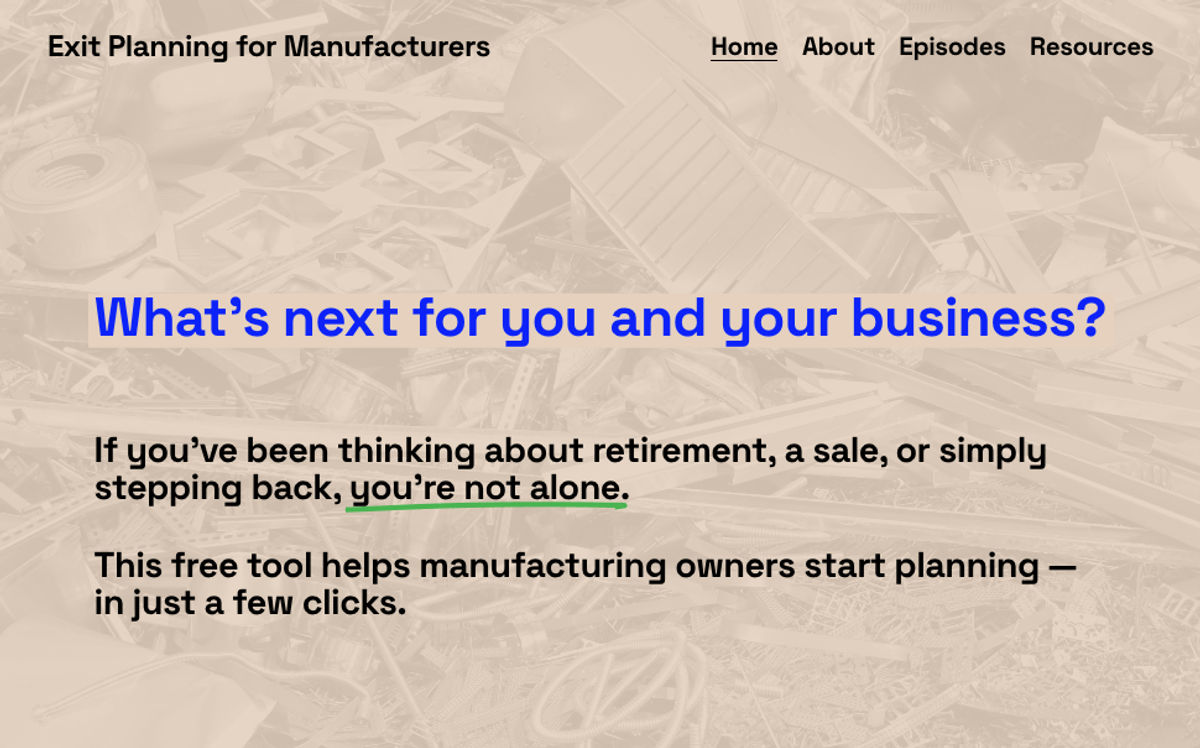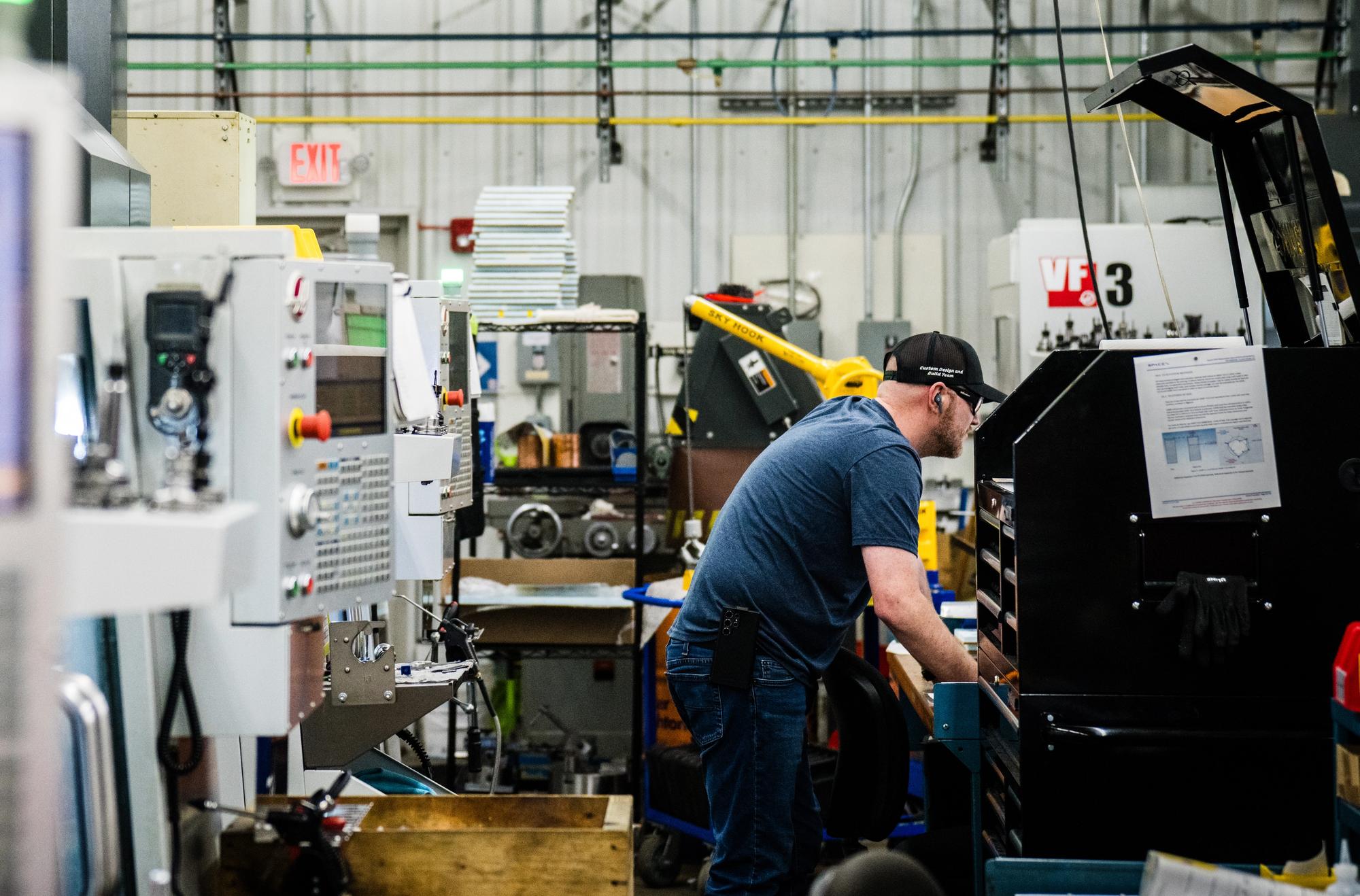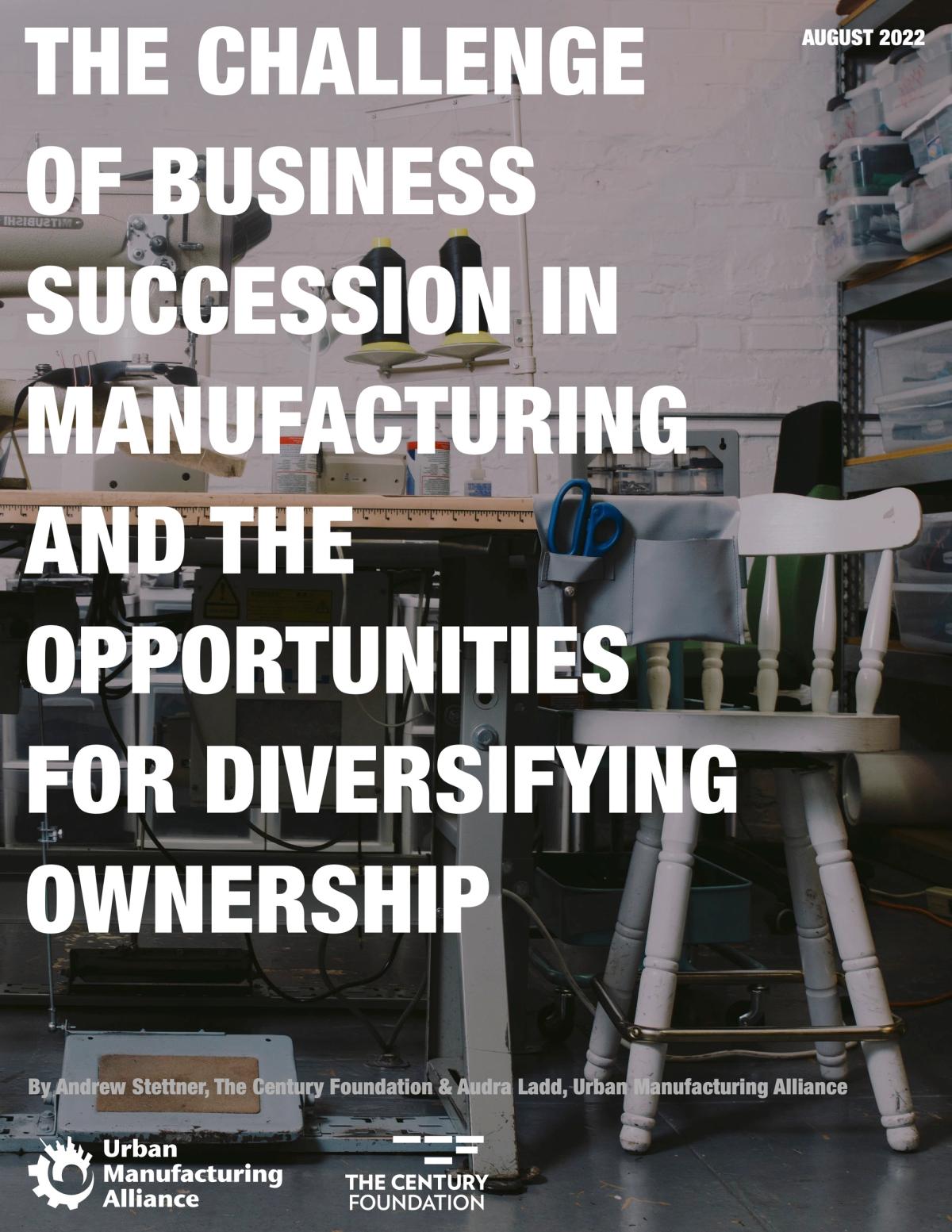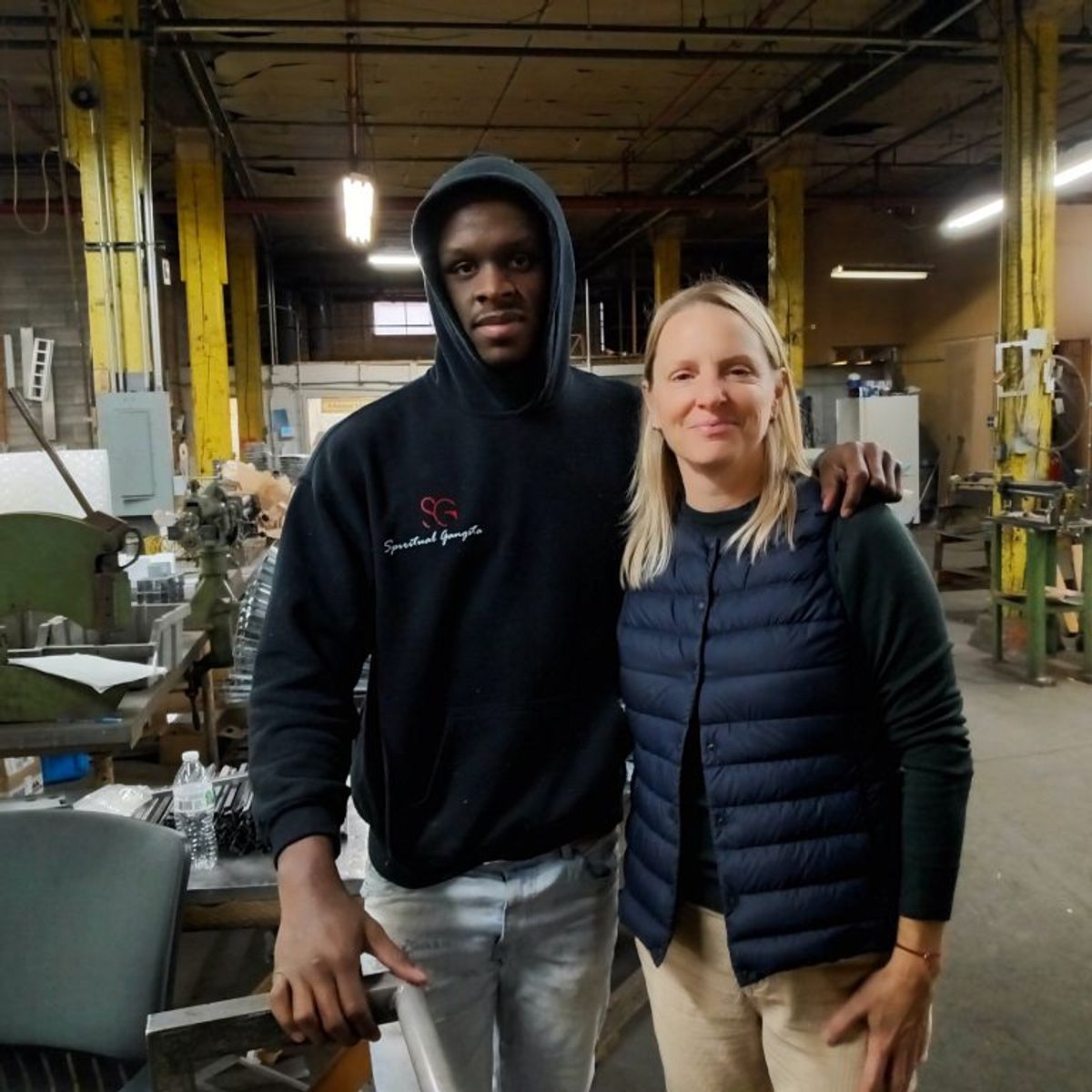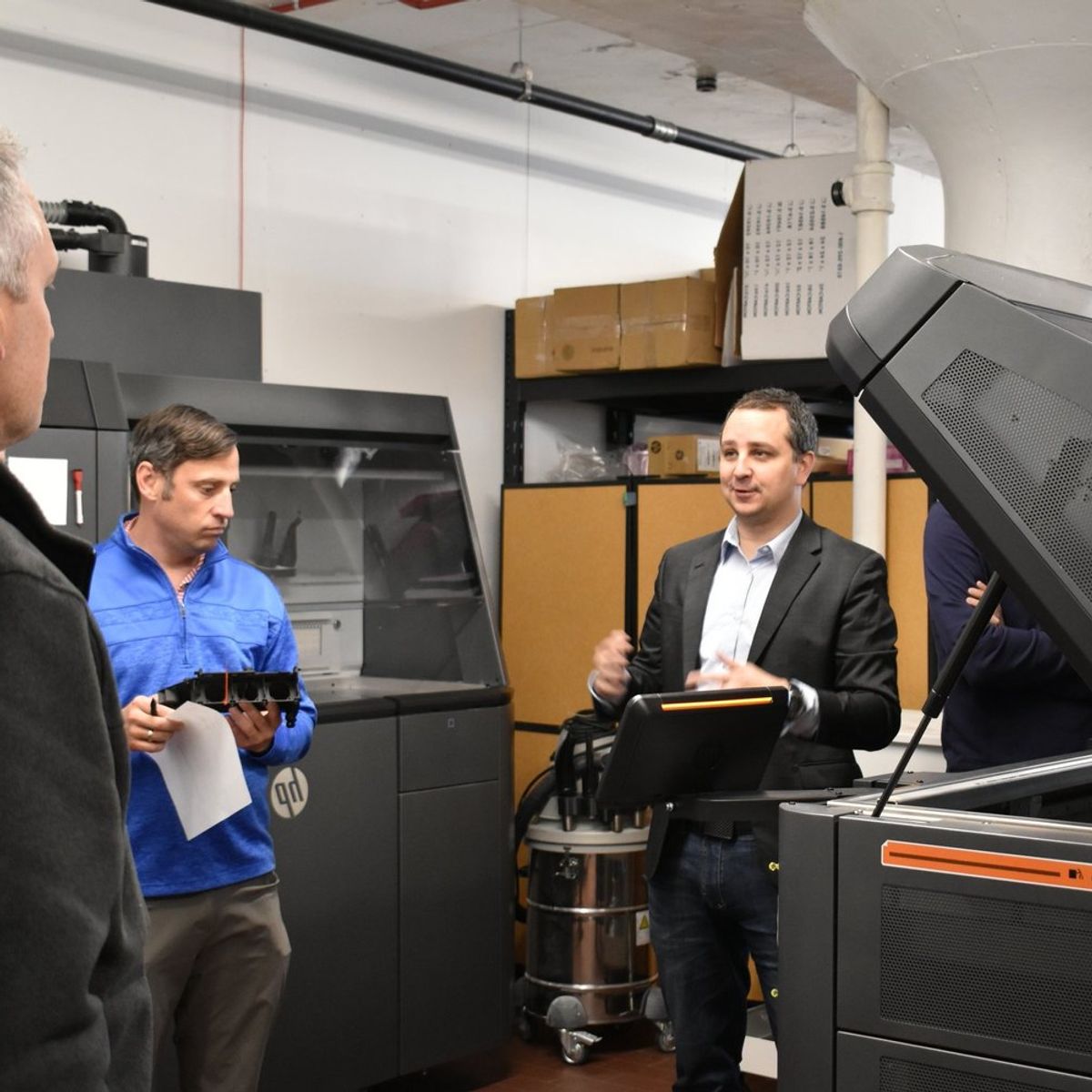Background
A major challenge facing the manufacturing sector is the impending “silver tsunami” of ownership transitions as business owners retire or seek to exit. While this shift poses risks to jobs, local economies, and community stability, it also presents a significant opportunity to advance employee ownership and local retention of industrial and community assets—if the right interventions are in place.
Compoundingly, small and mid-sized manufacturers often lack the time, capacity, or specialized guidance to navigate this complex process: from planning to implementation of a succession strategy. Traditional succession planning resources are either too generic or too expensive, and most tools available today do not speak directly to the realities of running a manufacturing business. This gap leaves many owners unprepared or unaware of viable alternatives to liquidation or third-party open sale (neither of which preserve local jobs, wealth, or other assets).
At the same time, the actors in the ecosystem meant to support these transitions (CDFIs, employee ownership organizations, TA providers, community wealth builders, etc) often operate in silos, nor do they have expertise in manufacturing specifically. Broadly, these entities rarely have opportunities to align on messaging, share learnings, or coordinate efforts. This fragmentation leads to duplicated work, inconsistent support, and missed opportunities to collectively shift the narrative and infrastructure around equitable business transitions, particularly for employee ownership in manufacturing.
Without a unified approach, even the best-intentioned interventions struggle to scale or drive systemic change for the sector. Addressing this disconnect is critical to increasing the adoption of employee ownership in manufacturing and ensuring these transitions benefit workers, communities, and the broader industrial economy.
TEAM (Tools for Equitable Acquisitions in Manufacturing) was initiated in 2021 by Mechanism, Concerned Capital, and Common Future to develop the capacity of community-based lenders to support the transitions of manufacturing businesses to new ownership, including to employees, with the goal of increasing racial equity and economic mobility within the manufacturing sector.
